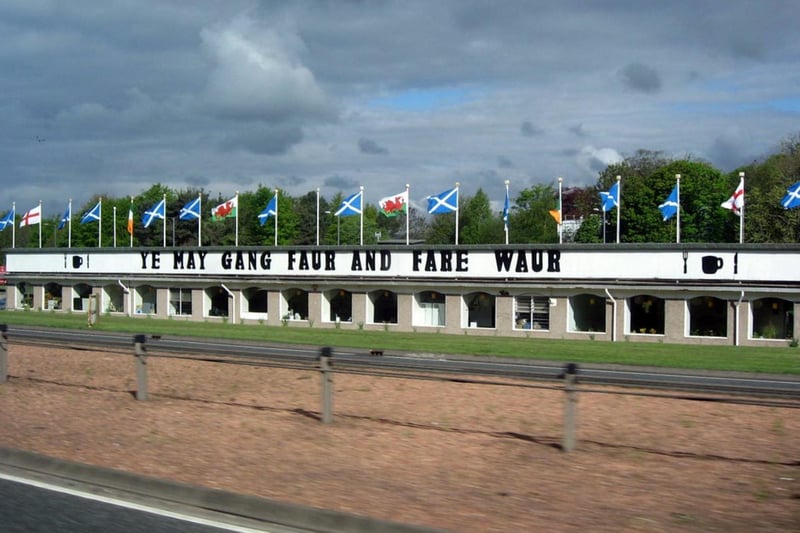Can you read Scots? 16 Scots language examples, is it really “just a dialect”
Once thought of as the ‘universal language of Scotland’ outside of Gaelic-speaking areas, the native tongue is often described as “just a dialect”.
According to The National, Scots is “one of three native languages spoken in Scotland today” along with English and Scottish Gaelic. However, despite the ongoing debate as to whether or not Scots is a real language or just a dialect, it can be considered a settled matter as it has already been recognised by the UK government and Council of Europe.
Possibly, the issue arises as people conflate ‘Scottish English’ which includes well-loved Scottish words and unique Scottish sayings with Scots itself since these two see an overlap but are not quite the same thing.
If you’ve ever read the works of legendary Scottish poet Robert Burns then you’ll know well that Scots is indeed a language worlds away from formal English, and even though Burns Night has passed in 2023 it’s fun to practice languages regardless of special occasions.
Here are sixteen examples of the Scots language taken from street signs, newspapers, books and a variety of dialects all over Scotland (including Doric), how many can you translate?

1. Ye may gang faur and fare waur
This is a sign taken from the Stracathro service station off the motorway in Angus, Scotland. In literal English this would become “You may go a lot further and do a lot worse”. Encouraging words, thanks chaps. Photo: duncan cumming via Flickr

2. “The Laddie Wha Lived” - Mr Dursley wis the heidbummer o a firm cawed Grunnings, that made drills.
You may not know that many famous written works have been translated and published in the Scots language in recent years, this includes the ever-famous Harry Potter series. In this case ‘the laddie wha lived’ is ‘the boy who lived’ and speaking of his adopted father Mr Dursley, it says that ‘(he) was the director of a firm called Grunnings that made drills’. The word ‘heidbummer’ refers to a person of authority. Photo: Submitted

3. Ill-will can mak a stooshie, but love can settle a stramash
The above relates to Proverbs 10:12 in the bible which speaks of how a man full of hatred will always create trouble while another full of love can always find resolution. Therefore, this sentence translates as: ‘Ill-will can make a row (squabble), but love can settle a fight (uproar).’ Photo: pcess609 via Canva Pro

4. Glaikit - he stood there wi a glaikit look oan his fizzog
Taken from a coaster design which features on the website Scotland’s Bothy, a ‘gift shop’ that ships Scottish goods worldwide. The full sentence is as follows: ‘Stupid - he stood there with a stupid look on his face (or expression)’. Photo: Arndt_Vladimir via Canva Pro
